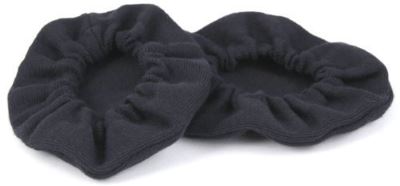I'm currently a student pilot, and I'm starting at an aviation university this fall to major in commercial aviation. Needless to say, I will be flying a lot. I'm looking to upgrade to a nice headset from the pretty basic one I have now, and I'm looking for a bit of guidance. I'm 6'3, so I wouldn't say I have a small head, and I've had problems in the past with headphones feeling cramped on my ears, which I don't want to be the case with my headset. I plan on having this headset for a while, at least all the way through college and hopefully several years after that.
First of all, is noice-cancelling actually that important(in terms of health and comfort)? I know there are a few decent headsets are out there w/o noice cancelling, and they are quite a bit cheaper than noice cancelling headsets.
I've been told about a couple commonly used expensive headsets that are pretty widely used across the industry. However, these headsets are $850+. At this price level, does the price of the headset accurately reflect quality, or is everything more personal preference? What are some of the pros and cons of the more popular headsets, and what should I look for when purchasing one?

